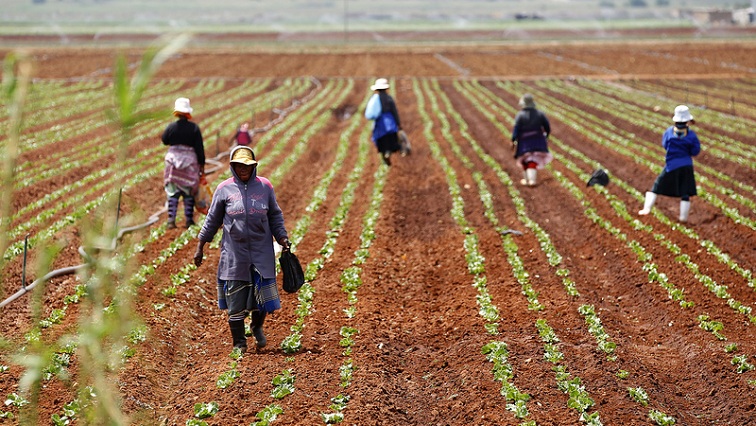ADVANCEMENTS IN AFRICAN AGRICULTURE.

A promising transformation has already started in Africa’s farmlands. Family farmers are increasingly using innovative approaches and scientific research, combined with traditional knowledge, to increase the productivity of their fields, diversify their crops, boost their nutrition, and build climate resilience.This shift can go much further with the addition of digital tools, increased links to markets, and greater efficiency along agrifood chains, especially if the private sector and national policies also support the effort.The Food and Agriculture Organization of the United Nations (FAO), along with a broad range of partners, is working to promote the African continent to make Africa’s agrifood systems more efficient, more inclusive, more resilient, and more sustainable.For this transformation to be achieved, African countries must be in the driver’s seat. Digitalization and the African Continental Free Trade Area (AfCFTA) can be game changers in this extraordinary effort. At FAO, they see digitalization as a core element of rural development. Our 1000 Digital Villages initiative is currently being piloted in seven African countries. It aims to equip communities with digital tools and services to fast-track rural transformation and wellbeing. Through this initiative, FAO has already supported countries in using digital tools to create electronic land registries and apps for pest and disease management, including extension services reaching the last mile farmers. In the same way, the AfCFTA can radically transform Africa’s rural prosperity. This regional single market, covering 1.2 billion consumers, is a major opportunity to boost economic growth, reduce poverty, and broaden economic inclusion. Swift national implementation, taking into account women and youth, will see this opportunity benefit all. These advances could be the solution to the migrant crisis which combined with debt relief will enable millions to remain in their own country.



